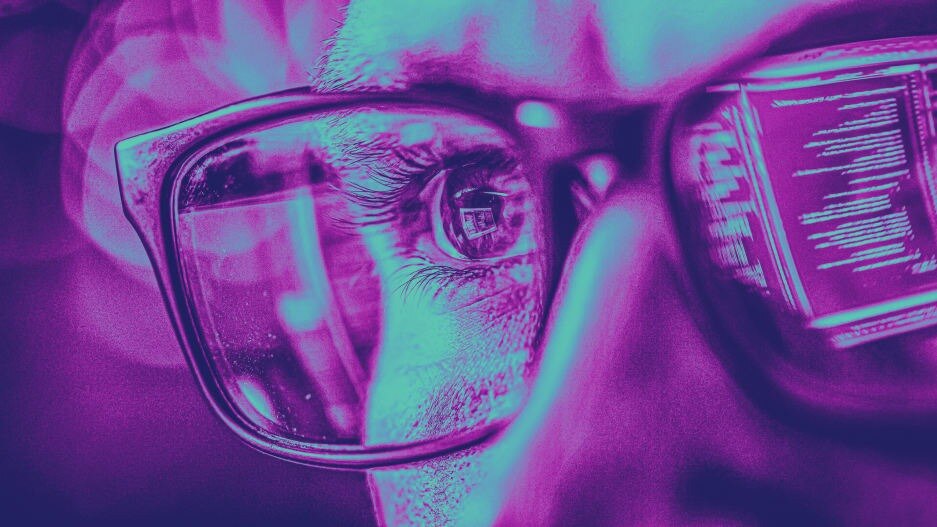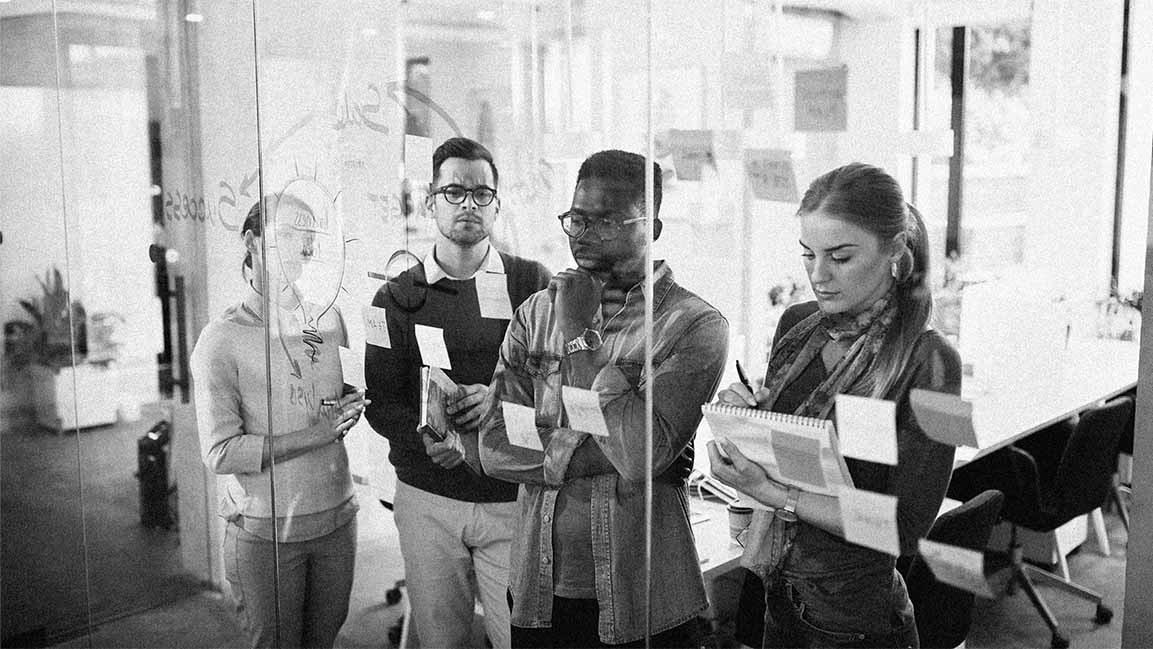- | 10:00 am
5 ways employers use AI to evaluate your career potential
From skills matching to mining your digital footprint, these are the most common ways your data is informing your employer.

Compared to other species, humans are very intelligent (at least according to humans). Leaving aside comparisons with other members of the animal kingdom, one thing is clear: Our intelligence has enabled us to create intelligent machines, including ingenious technologies capable of examining our own intelligence and even our wider career potential.
An influential innovation in this area is artificial intelligence (AI), in particular machine learning algorithms, which have the capacity to detect hidden patterns in data sets and train themselves to predict a wide range of behavioral outcomes, including people’s likelihood to get hired, fired, or promoted in a given organization.
Although this technology is not widely used today, it is gaining traction among employers, in particular large organizations, because they are awash with data on jobseekers, employees, and managers.
Most innovations start life as niche or small-case activities, which at some point become mainstream. In that sense, it is useful to pay attention to small-scale changes and trends, because some may become part of the status quo. In the words of William Gibson, “The future is already here, just not evenly distributed.”
Here’s what you should know about how are employers leveraging AI to evaluate your potential.
SCRAPE RÉSUMÉS TO MATCH JOBS
These are algorithms that search and match between the skills you report on your résumé and those mentioned in job openings. Because human recruiters are often bombarded with résumés and job orders, these algorithms can be very helpful to shortlist the right set of candidates, though their accuracy depends on the quality (and completeness) of both job ads and résumés.
SCORE DIGITAL INTERVIEWS
Digital interview platforms were first introduced for convenience. Just like Zoom, they are a practical logistic alternative to having people attend an in-person interview. However, they have many advantages over traditional in-person interviews, which are not very reliable indicators of a candidates’ potential. These range from ensuring that all candidates are given the exact same set of questions to allowing candidates to answer them when they feel at ease—and even record multiple trials.
In addition, advances in AI have enabled these platforms to include “algorithmic scoring,” where candidates are compared to top-performing employees, and their verbal and non-verbal communication can be examined.
GAMIFY ASSESSMENTS
Psychological assessments have a strong track record for being among the most reliable and accurate predictors of future job performance, as well as providing an in-depth explanation of what candidates are like, what makes them tick, and how they differ from others—especially on soft skills. Traditionally, however, they were adopted only by a small proportion of workers, particularly outside the management segment. Some of the underlying reasons for this included their length, complexity, and poor candidate experience.
AI has addressed these problems by significantly shortening assessments, and new variants have also included game-like features, which significantly increase adoption rates, making hiring more inclusive.
EXAMINE INTERNAL COMPANY DATA
AI has enabled past employers to examine existing organizational data on employees, managers, and teams. For example, mining email context and content data, mapping the social networks (informal social dynamics) of teams and organizations, and examining the connection between what employees do, including a detailed account of how they work, and valuable organizational outcomes.
This approach can be used to predict whether a company’s engagement, innovation, or performance will go up or down based on what people are doing (such as whether they use positive or negative language, how quickly they respond to emails, and whether they connect to a wide range of people). In this way, AI can improve organizations’ ability to understand “what good looks like,” making internal promotions and external hiring more data-driven.
MINE YOUR DIGITAL FOOTPRINT
No doubt controversial, and still not mainstream, is the application of AI to scraping external sources of information about candidates, such as LinkedIn, Facebook, Twitter, and even YouTube. Although most people find this creepy, if not Orwellian, algorithms can only mine publicly available data, just like they do for marketing and advertising.
In fact, as I note in my latest book, I, Human: AI, Automation, and the Quest to Reclaim What Makes Us Unique, there is substantial scientific evidence for the idea that our digital footprint, including our Spotify and Netflix preferences, our Uber rating, our Amazon purchases, and our social media activity, provide a surprisingly accurate picture of who we are, particularly compared to other people’s view of us.
Whatever you think about these innovative approaches for examining your career potential, two things seem clear: First, they don’t have to be perfect to provide some utility—they just need to be better than the status quo. And, let’s face it, the status quo is rather poor. Too many people are unfairly overlooked for jobs, and even more are unfairly hired and promoted, just because hiring managers over-rely on their intuition or experience.
Second, none of these tools should be deployed without competent supervision, extensive testing, and ethical guidelines. Unless they can improve accuracy and fairness, and provide a clear benefit to most candidates, including their ability to understand themselves and their potential, we must remain strongly critical of their deployment.








































